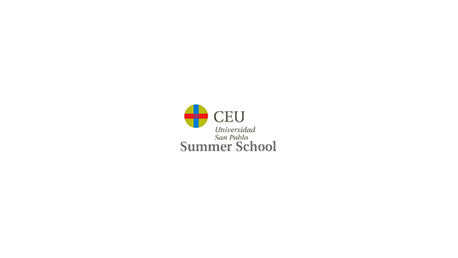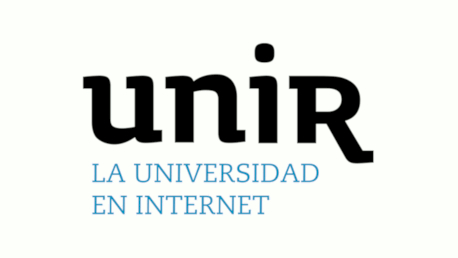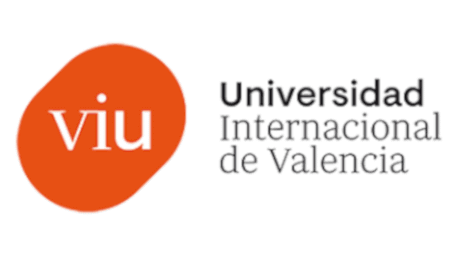The Atlantic Triangle: European Union, United States and Latin America


Si has realizado este curso, ¿por qué no darnos tu opinión?. Si lo haces, estarás ayudando a miles de personas que, como tu en su momento, están intentando cambiar su vida a través de la formación. No hay mejor ayuda, para decidirse entre miles de cursos, que la opinión de una persona que ha vivido la experiencia de cursarlo, miles de personas te lo agradecerán.
Danos tu opinión detallada sobre el The Atlantic Triangle: European Union, United States and Latin America. No olvides decirnos que te pareció el temario del curso, el profesorado, la accesibilidad al equipo del centro para resolver tus dudas y, en el caso de los programas online, la calidad del campus virtual.
EL CURSO ES PRESENCIAL Y SE IMPARTE EN MADRID
PRESENTATION
This course examines the main political, economic and social trends in the European Union, Latin America and the United States as well as the multiples interactions among them since the end of the Cold War. After briefly reviewing the historical development of these three partners on both sides of the Atlantic in the past five decades, the course identifies, first, the key processes that are defining the main characteristics of Europe (deepening vs. widening), United States (isolationism vs. internationalism) and Latin America (democracy vs. social equality). Secondly, the course explains the tendencies and contradictions in the construction of the external relations of the European Union towards the United States and Latin America.
TARGET
Undergraduate and Graduate Students
AIMS
- To understand the evolution and current stage of these three geographical and political areas: European Union, United States and Latin America.
- To introduce the students to the basic functioning of the European Union Foreign Policy (Institutions, decision making process…).
- To obtain a better understanding of how interrelations between the three areas worked and to discuss possible future trends.
METHODOLOGY
The Course in presented with and interdisciplinary focus and evolutionary study. A specific emphasis is put into the present and the future of the Triangle. There will be readings, presentations and discussion of particular cases. An optional and complementary visit to the European Union Institutions in Brussels and/or other practical seminars are also foreseen.
MODULES
I. Analysis of the European Integration Process (1,5 ECTS)- July 9th-13th
- History of European integration
- The division of powers between the European Union and the Member States. EU Institutions and the decision making process
- Deepening the Union. Towards a European Constitution?
- Widening the Union: 27 Member States and Beyond. Turkey and the Limits to the European Union.
- The role of Spain and Portugal in the EU
II. Transformations in the Transatlantic Area (1,5 ECTS)- July 16th-20th
- United States: The Limits of the hegemonic Power
- Current economic and political trends in Latin America:
- The EU in the World
o Theories of Foreign Policy in the EU
o EU foreign Policy decision-making process
o Institutions and dimensions of the EU foreign policy (Council, Commission. Parliament) and (trade, security-ESDP-, aid, so on)
o EU relations with Russia, China, India, ACP
III. Interrelations in the Transatlantic Triangle (1,5 ECTS)- July 23rd-27thth
- EU-USA
- EU-Canada,
- EU-Mexico,
- EU-Central America,
- EU Caribbean,
- EU-South America.
DIRECTORS
Roberto Domínguez, Ph. D.
Assistant Professor at the Government Department (Suffolk University) and Research Associate at Miami-Florida
Center for European Studies,UNAM, Mexico Jerónimo Maillo, Ph. D.(Doctor Europeus)
Head of the Public Law Department and Professor of European Union Law at the Law Faculty and Main Researcher at the Institute for European Studies
(CEU San Pablo University)


